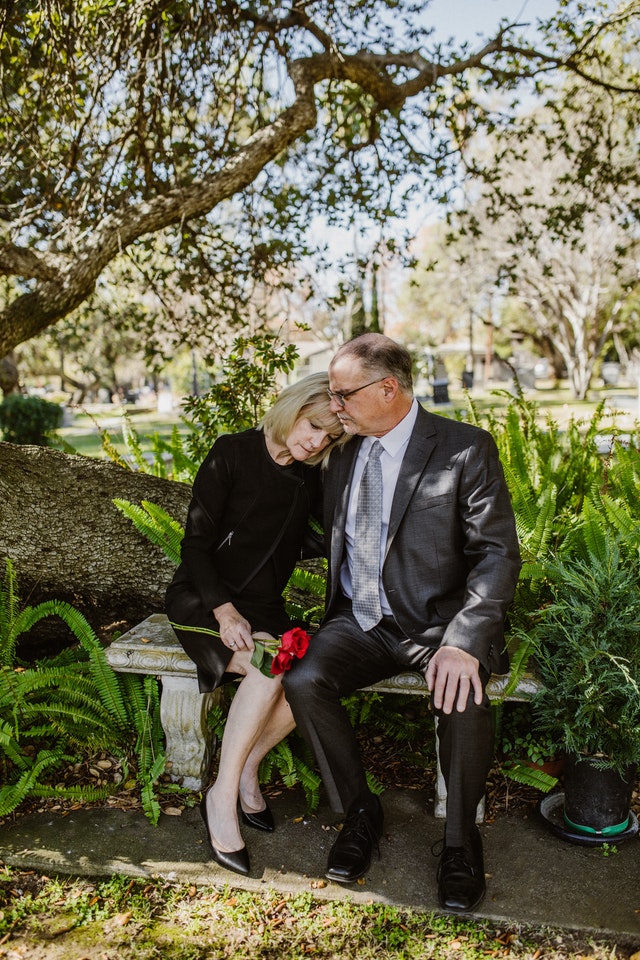Coincidentally, many of my clients have been dealing with grief recently. This prompted me to learn more about it, so I picked up The Grief Recovery Handbook by John W. James and Russell Friedman to see if there would be anything helpful for my clients contained in their writing. Several concepts stood out to me, and I believe they are essential to understand when dealing with grief.
What is Grief?
This is a tough question, and there is no one universal answer. James and Friedman conceptualize grief as the normal and natural emotions one experiences in response to a loss event. These can be any emotion, and often, they are contradictory. For example, it’s quite common to feel sadness as well as relief when a loved one dies as the result of a chronic illness. The authors highlight there is no “normal” grief process. Grief is unique to each individual, and whatever that person feels is appropriate.
What we are told about grief
Grief is complicated by the fact that societally, we are not well-trained to handle it. Typically, well-meaning friends and family will try to provide comfort and reassurance by making statements that are not helpful. James and Friedman distill the messages we receive about grief into the following:
- Don’t feel bad
- Replace the loss
- Grieve alone
- Just give it time
- Be strong for others
- Keep busy
They explain that these messages stifle the grief process. How many of these messages look familiar to you? What have you been told about grief?
The G Word
Many of my clients express guilt after a loss and beat themselves up for actions or inactions they took. I hear consistently “I should have…” or “Why didn’t I…” James and Friedman call guilt “The G word” and explain many people experience it after a loss; however, guilt is not needed in these situations. They break down the definition of guilt which includes INTENT to hurt someone. If there is no intent, they argue that guilt is not warranted and does nothing except exacerbate an already painful situation. They explain that people may wish they had done things differently or have regrets. There are things they wish they could have said or actions they would take back. However, as long as there was no intent to hurt their loved one, guilt does not need to be a part of the grief process. James and Friedman point out this piece of information is generally helpful for grievers to know as they can free themselves of the guilt and focus on healing from their loss.
If you are struggling with grief and want to work through it in counseling, I’d love to chat with you. Please give our office a call, and we can discuss further.







